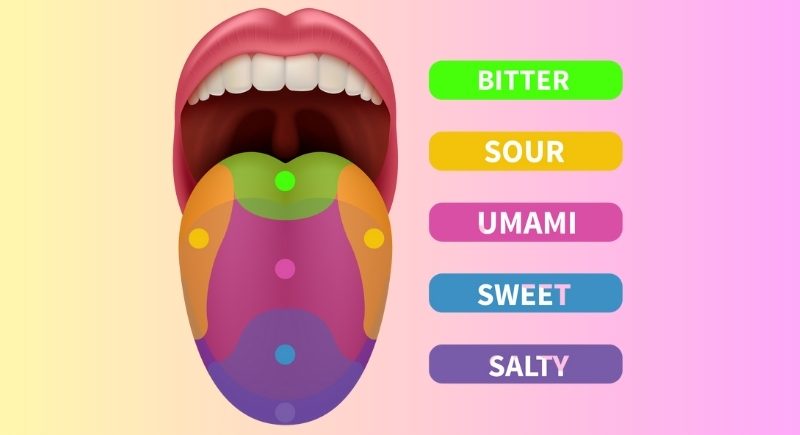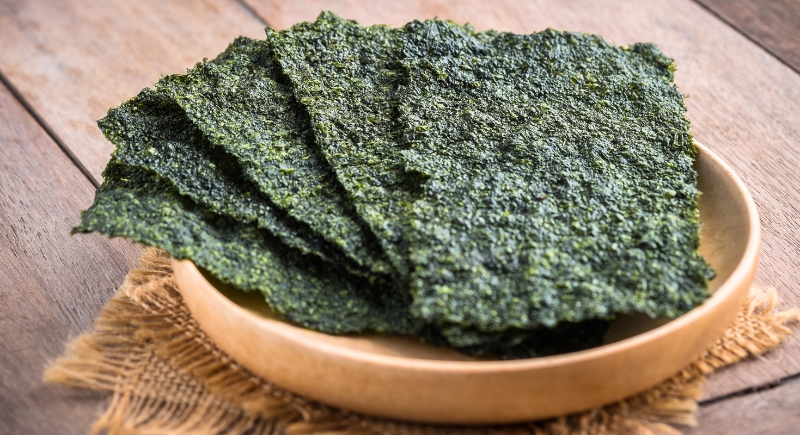Is ‘Umami’ a Real Flavor or Just a Pretentious Word Foodies Use?
The word “umami” sparks strong reactions, even eye rolls for some. It’s seen as the missing puzzle piece of flavor, but others think it’s just another food trend word. Critics argue that English already has the word “savory,” so why complicate things with a Japanese term? Chefs also use plenty of specific words like nutty or earthy to explain flavors more clearly. To these critics, umami feels vague at best, and elitist at worst. Saying something tastes like MSG, which many people recognize, might actually be simpler.
Still, science shows umami is real. Researchers have identified receptors on the tongue that respond to compounds like glutamate, inosinate, and guanylate. Even if the word feels unnecessary to some, the taste itself exists.
A Flavor That’s Hard to Pin Down

Image via iStockphoto/MicrovOne
Umami is different from the other four primary tastes. Sweet, salty, bitter, and sour are easy to recognize, but umami is subtle. On its own, it’s not impressive. When paired with other flavors, though, it makes a dish feel fuller and more satisfying.
Oxford psychologist Charles Spence explains that umami only shines when combined with aromas. This unusual link to smell helps explain why umami is so hard to describe. You know when it works, but putting it into words isn’t easy.
From Seaweed to Skepticism

Image via Getty Images/Amarita
The word itself comes from Japan. In 1908, chemist Kikunae Ikeda isolated glutamate from seaweed and named the taste “umami,” meaning “delicious taste.” Japanese cooks embraced it, but Western scientists dismissed the idea for decades. A part of that reluctance came from cultural bias, since the concept of a fifth taste from Asia wasn’t taken seriously. Only about 20 years ago, when glutamate receptors were discovered on the tongue, did the West officially recognize umami as a primary taste.
The story of MSG added more confusion to this word. First marketed in Japan to boost flavor, MSG later became linked to the myth of “Chinese restaurant syndrome.” Studies never proved it caused headaches, yet the myth stuck. As Penn State food scientist John Hayes points out, if MSG really causes problems, then pepperoni pizza should give migraines to everyone who eats it since it’s loaded with glutamate.
So, Is It Pretentious or Not?
Umami can sound pretentious when used without context. If someone says “this dish has umami,” you may still wonder what they mean. Meaty? Smoky? Rich? Without detail, the word doesn’t clarify much. But that doesn’t make the flavor imaginary. Umami is experienced across all cuisines and plays a role in healthier eating because it boosts flavor without adding extra salt or fat. Airline chefs even consider it useful since it stands up better to the dulling effect of altitude than other tastes.